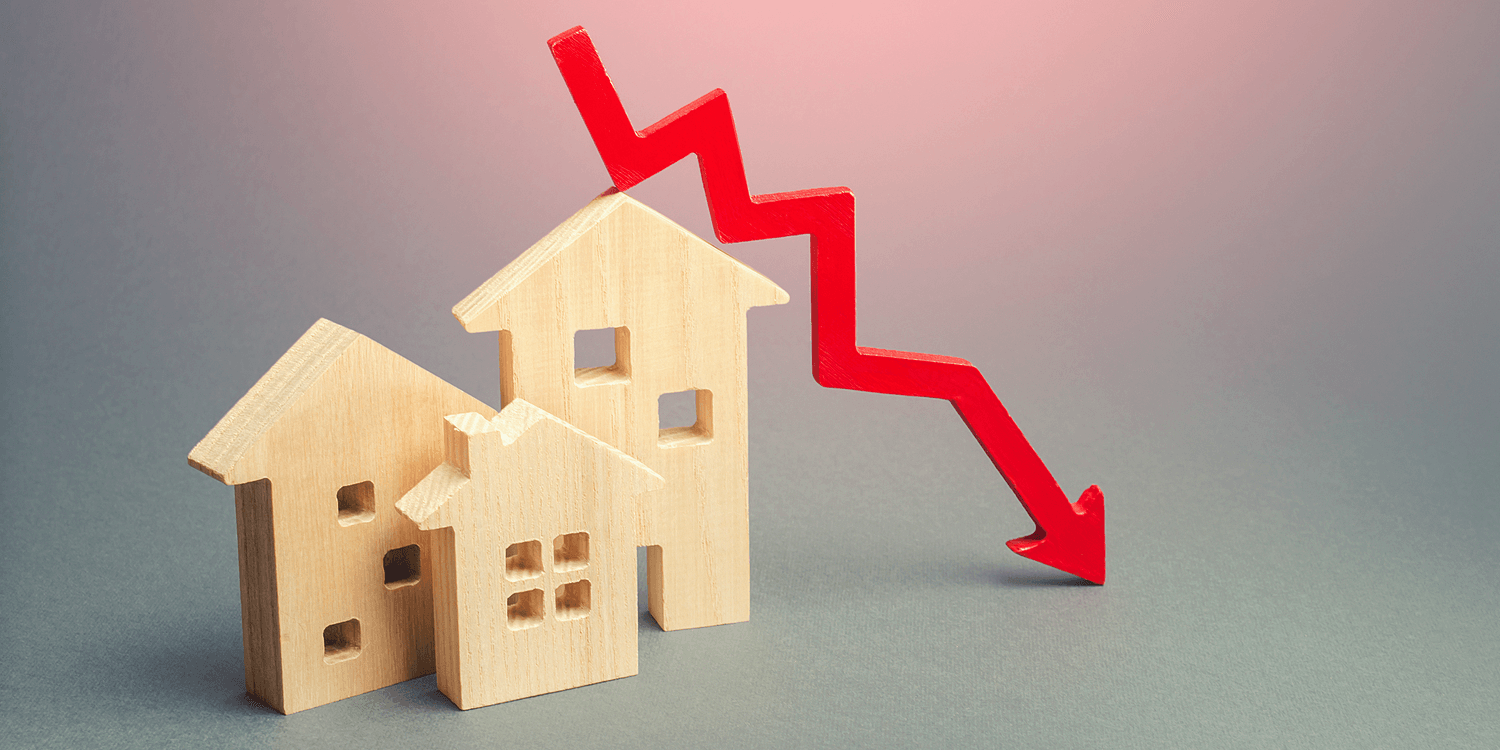Ultra-Low Interest Rates
Chances are if you’ve been paying attention to the news as the Canadian economy continues to work through the COVID-19 pandemic, you’ve heard that interest rates are at an all-time low. And it would appear that they will remain low for a while. In fact, the Bank of Canada recently hinted that they don’t expect rates to go up until at least 2023. That’s good news if you need to borrow money!
So what does this mean for you? Well, if you are borrowing money for really any reason, you’ll most likely be paying lower interest for the foreseeable future, including any secured line of credits, car loans, student loans, and personal loans. As for mortgage financing, you’ve got options!
If you’re an existing variable rate mortgage holder , the prime rate is currently 2.45%. You are paying that, plus or minus a component to prime. The variable rate spread is presently coming down at several lenders, so if you’d like to have a look at your mortgage to see if a refinance makes sense to save you money, please contact me anytime.
If you’re a fixed rate mortgage holder , this means there could be a pretty significant penalty for breaking your existing mortgage. However, depending on the time remaining on your current term, and the rate you are currently paying, it might make sense to break your existing mortgage, pay the penalty, and refinance into a lower rate. There is no cost to run the numbers. If we can save you money in the long term on your mortgage, it might make sense to refinance. Now, depending on the terms of your mortgage, it might make sense to wait a year or two to refinance, but we won’t know that until we look at the details. I am more than happy to provide you with several financial scenarios.
If you’re currently looking to purchase a property and you’re seeking new mortgage financing, you should know that although interest rates are at an all-time low, the government of Canada forces you to qualify at what they call the qualifying rate which is currently 4.79%. So while you can find a five year fixed rate around 2% now, you have to prove that you can afford double that amount in interest. The idea here is that it protects you against a rate hike when your term is complete. Unfortunately, it leaves you qualifying for a considerably lower mortgage amount now.
So is now a good time to refinance or buy? Well, that depends on your financial situation. But there is nothing wrong with taking a look and putting together a mortgage application to assess your situation. I would love to work with you so that you can take advantage of these low interest rates. Please contact me anytime!
RECENT POSTS






